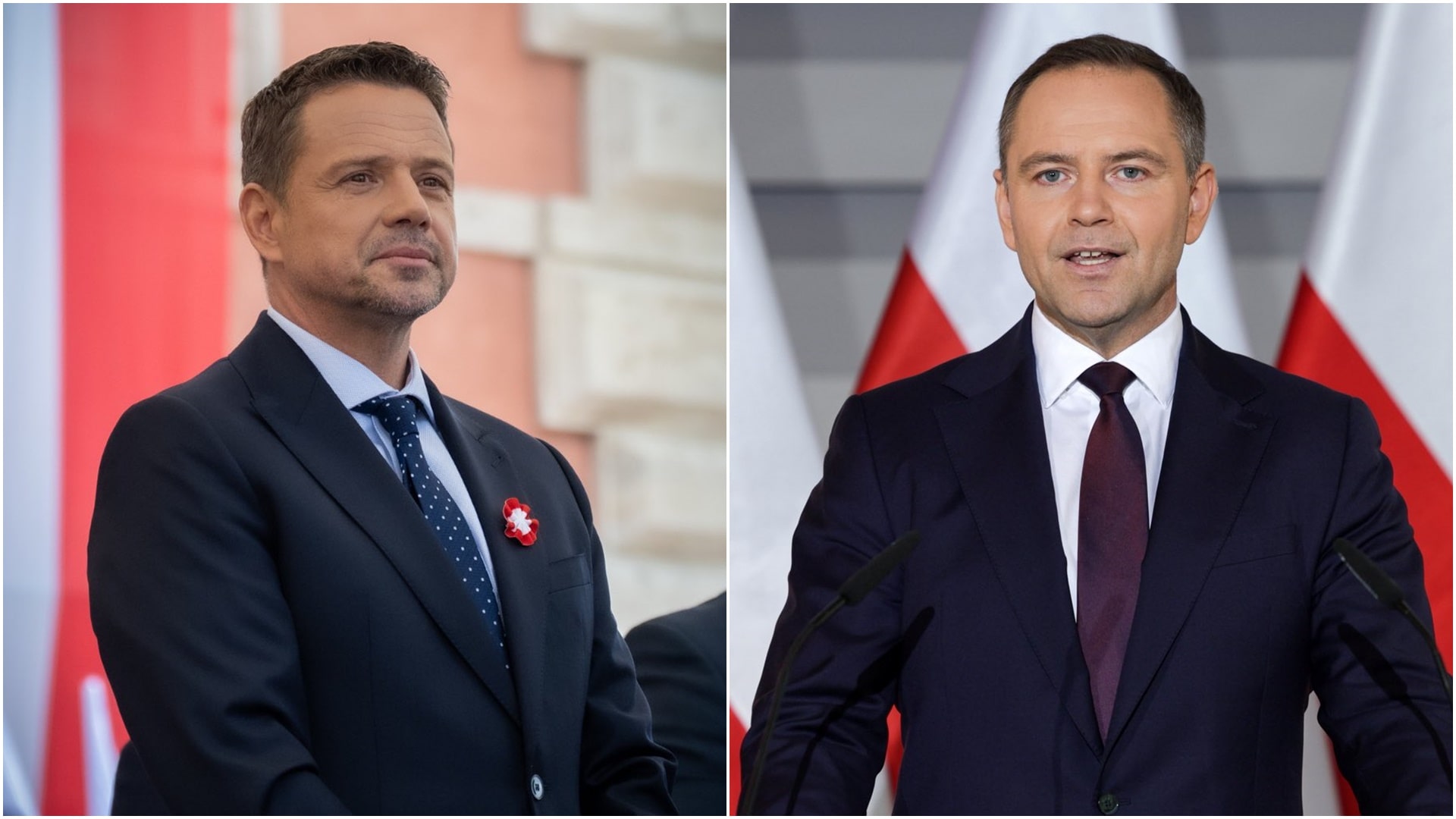The U.S. Department of Justice (DOJ) has raised concerns over Elon Musk’s daily lottery for voters in key swing states, questioning its legality, according to a report by CNN. Musk, who has announced himself as one of the major political figures supporting Donald Trump’s campaign, has been giving away $1 million each day to individuals who sign his political petition.
Musk’s lottery aims to rally support for two causes: free speech and the right to bear arms. Only registered voters in seven critical states can participate in the lottery by signing his petition. Critics, however, are raising questions over whether this campaign violates federal election laws. Offering monetary incentives to influence voter behavior, even if it’s not directly tied to voting, can be considered illegal under U.S. law.
DOJ Concerns
The DOJ has reportedly warned Musk’s political action committee (PAC), America PAC, which is overseeing this lottery, that the activity could be in violation of federal law. Although specific details of the warning were not made public, legal experts are already pointing out potential problems. Federal law prohibits offering money to influence or sway elections, and Musk’s initiative could be interpreted as attempting to impact voter behavior.
Musk’s Defense and Adjustments
In response to the concerns, America PAC has altered the way they describe the prize. Now, instead of framing it as a $1 million giveaway, winners are said to receive “the chance to earn $1 million” by acting as spokespeople for the PAC, which involves posting a video testimony.
Despite these changes, legal experts and some state officials remain uneasy. Pennsylvania Governor Josh Shapiro, for instance, has labeled Musk’s actions as “deeply troubling,” calling for further investigation into the matter. Pennsylvania, a crucial swing state in the upcoming election, saw additional cash incentives for signatures, with voters reportedly earning $47 for signing and getting others to do the same, and this amount briefly increased to $100.
Implications for Future Elections
Musk’s lottery, which he launched as a significant push for voter engagement, has raised important questions about the role of money in elections. While Musk claims it’s a nonpartisan effort to uphold constitutional rights, critics see it as a clear attempt to influence voter turnout in key battleground states.
If the DOJ finds that Musk’s lottery violates election laws, it could set a precedent for how future wealthy individuals or corporations engage in political campaigns. The result could be a new wave of legal scrutiny over the intersection of financial incentives and voter engagement, particularly in swing states that often decide the outcome of U.S. presidential elections.
Musk remains defiant, responding to critics on his social platform, X (formerly Twitter), stating it’s “concerning” that officials like Governor Shapiro would question his motives. However, as the legal spotlight intensifies, the future of Musk’s campaign initiative remains uncertain.
This developing situation could have far-reaching consequences for campaign finance laws and voter influence tactics in the U.S., especially in light of Musk’s growing political involvement.





